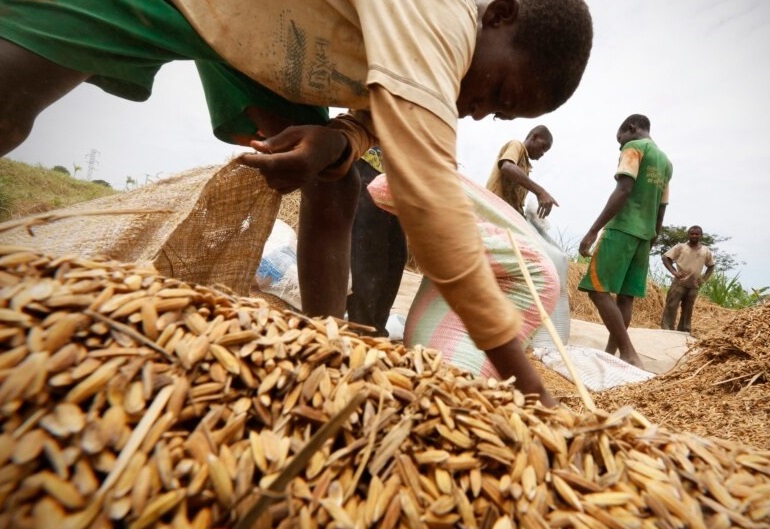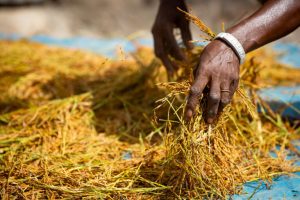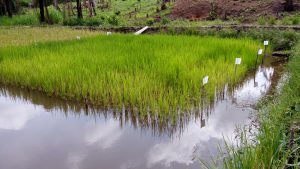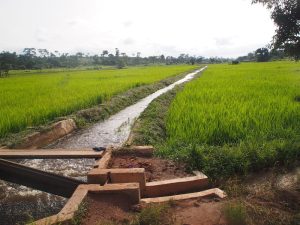Africa Rice’s “Smart Valleys” Boost Yields and Fight Flooding for West African Farmers

In Ivory Coast’s M’Be region, erratic rainfall and seasonal flooding have long plagued farmers, leaving many with unstable incomes and even forcing some to abandon their land. For Ouattara, the family breadwinner, quitting wasn’t an option. Her fortunes changed when she adopted Smart Valleys, a low-cost water management approach developed by Africa Rice, a nonprofit working to transform rice production in Africa.



Using simple channels and drainage systems, Smart Valleys helps farmers control water on their land, reducing flood damage and enabling crop diversification. The results have been striking: Ouattara’s annual yield rose from 2 tonnes to 4.5 tonnes, doubling her income.
Backed primarily by Japan’s agriculture ministry, the initiative focuses on inland valleys fertility, low-lying areas between hills. Although these valleys cover 190 million hectares across sub-Saharan Africa, only 10% are cultivated due to poor water control. Africa Rice aims to change that by making dry-season farming viable and encouraging farmers to grow additional crops like maize, tomatoes, and cucumbers.
Founded in 1971, Africa Rice has already met its 2009 goal of doubling rice production within a decade. It now targets self-sufficiency for its member states by 2030. At its 800-hectare research campus near Bouaké, scientists develop improved rice varieties, store 22,000 samples in a gene bank, and test nutrient-rich products like fortified crackers and instant rice flour to address malnutrition.
Despite progress, challenges remain. Africa imports 40% of its rice—over half from India—leaving it vulnerable to export bans like India’s in 2023. Most African rice farms still rely on unpredictable rainfall rather than irrigation. While Tanzania is already self-sufficient, Nigeria is close to achieving the same.
For Ouattara, the transformation is personal: “They welcomed me, they guided me, and I thank them,” she says, reflecting on how science and simple innovations are securing her family’s future.






